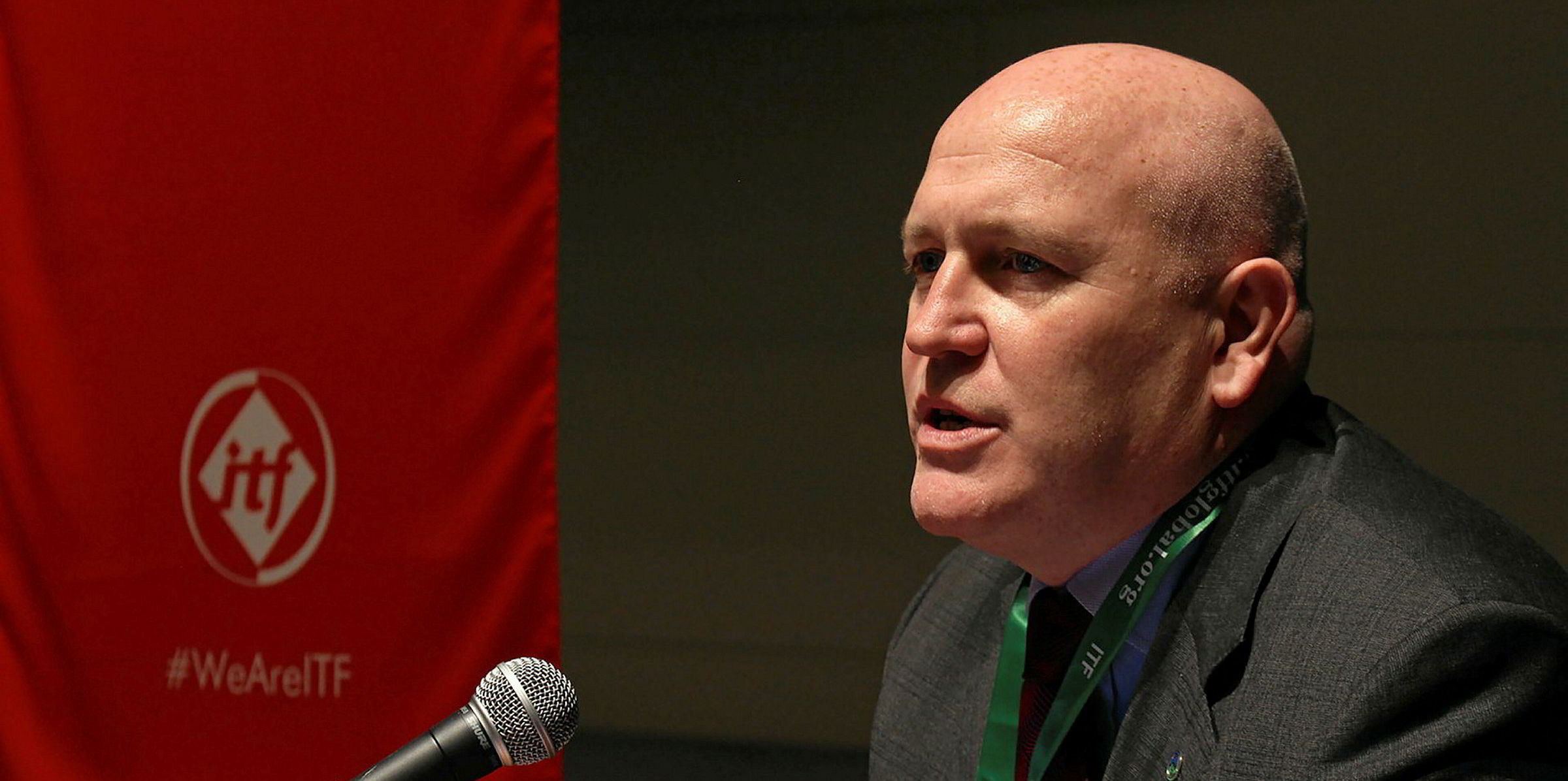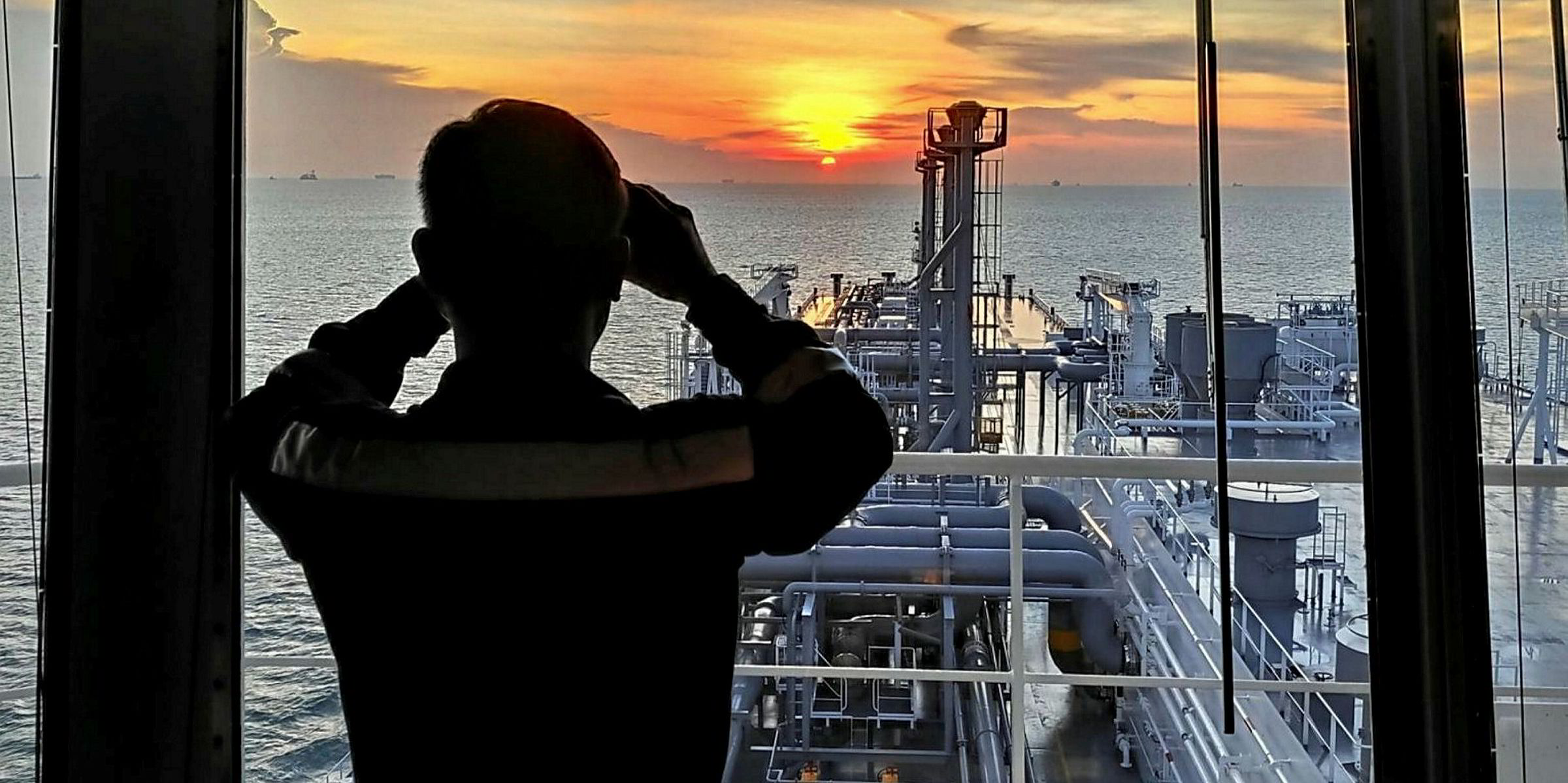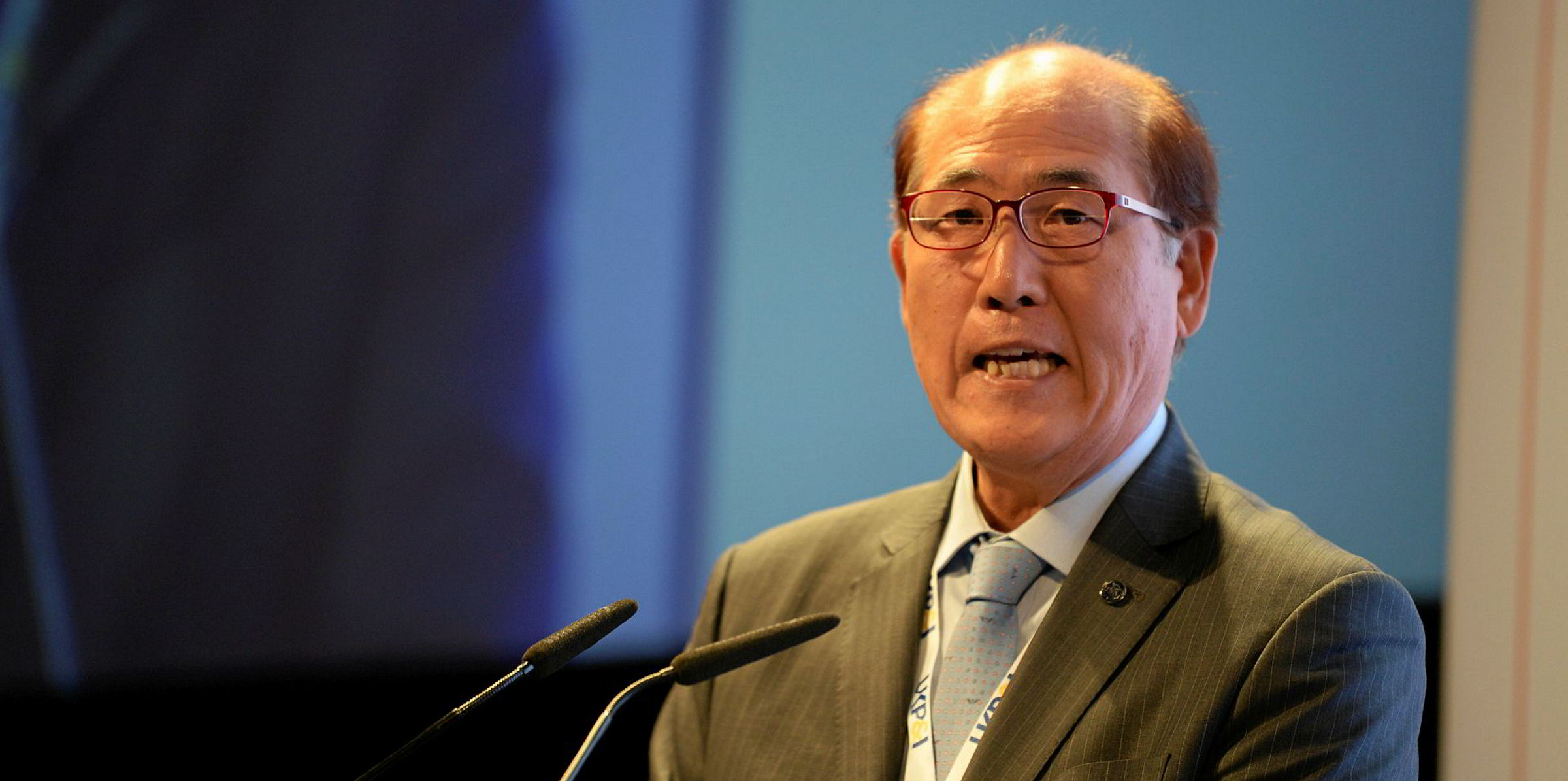Frustration at the lack of progress with crew changes is spreading despite the best collaboration between ship owners and operators, unions and industry organisations in decades.
The main sticking points leading to seafarers working months in contract extensions since the coronavirus pandemic began remain seafarers’ home countries, ports and air travel being closed plus government bureaucracy over visa applications.
Some relaxation has occurred in the last three weeks, but shipmanagement group Anglo-Eastern Univan has only been able to repatriate 1,500 of the 16,000 seafarers it has on vessels, its chief executive Bjorn Hojgaard said at the London Capital Link forum on Tuesday.
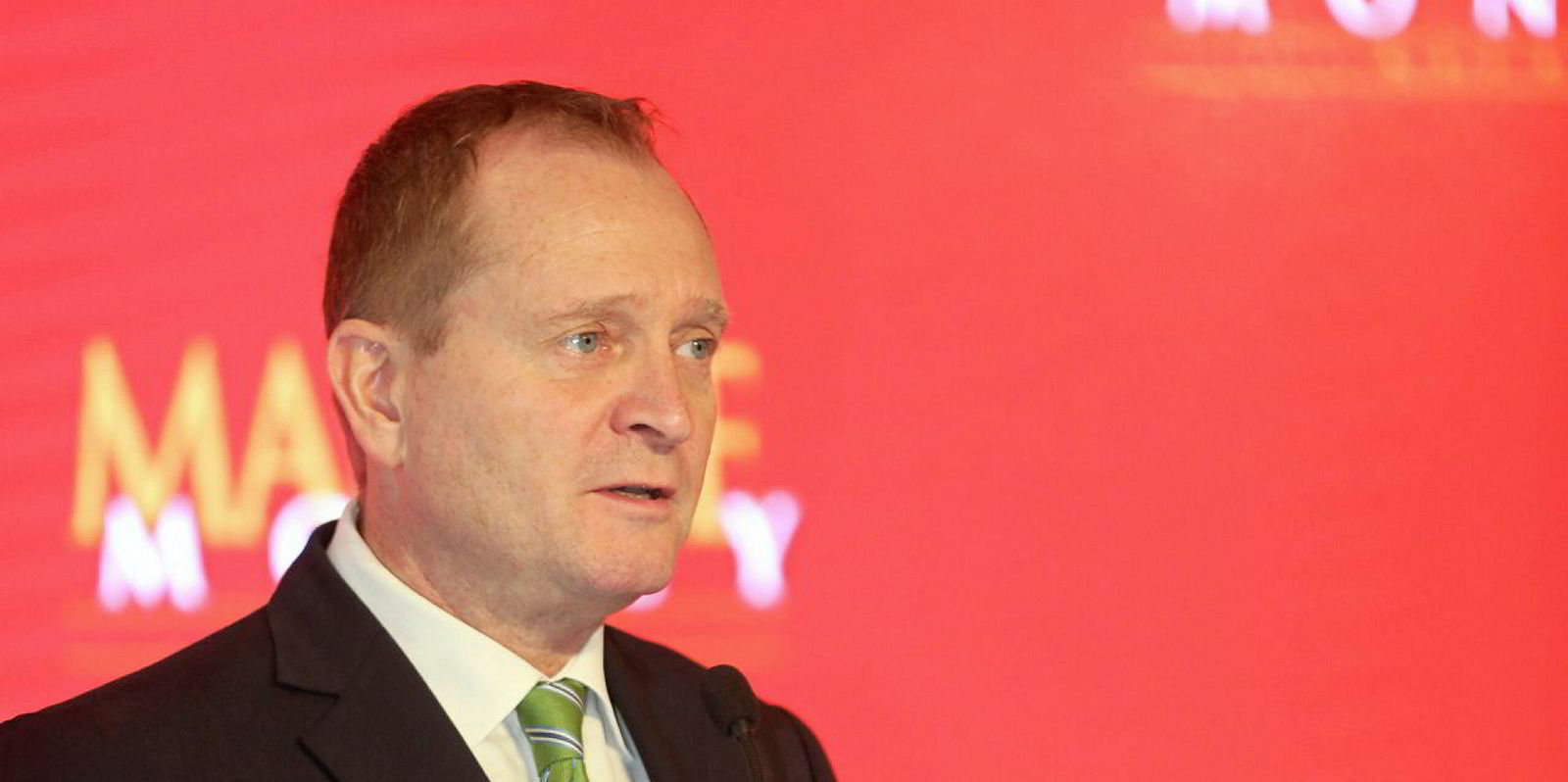
International Transport Workers’ Federation (ITF) general secretary Stephen Cotton, said: “Our fear is that when we have had the best collaboration I’ve seen in 27 years, still we can’t get the right people to make the right decisions.”
Cotton stressed that the ITF does not hold shipowners responsible for the difficulties in changing crews over due to the pandemic, but this week it said that from 16 June it will support seafarers in starting to enforce their right to stop working and return home.
“We need some answers for these crews. We are not going to tell you [seafarers] to get off and fall foul of immigration authorities, but we need to be able to tell them you will get off,” he said.
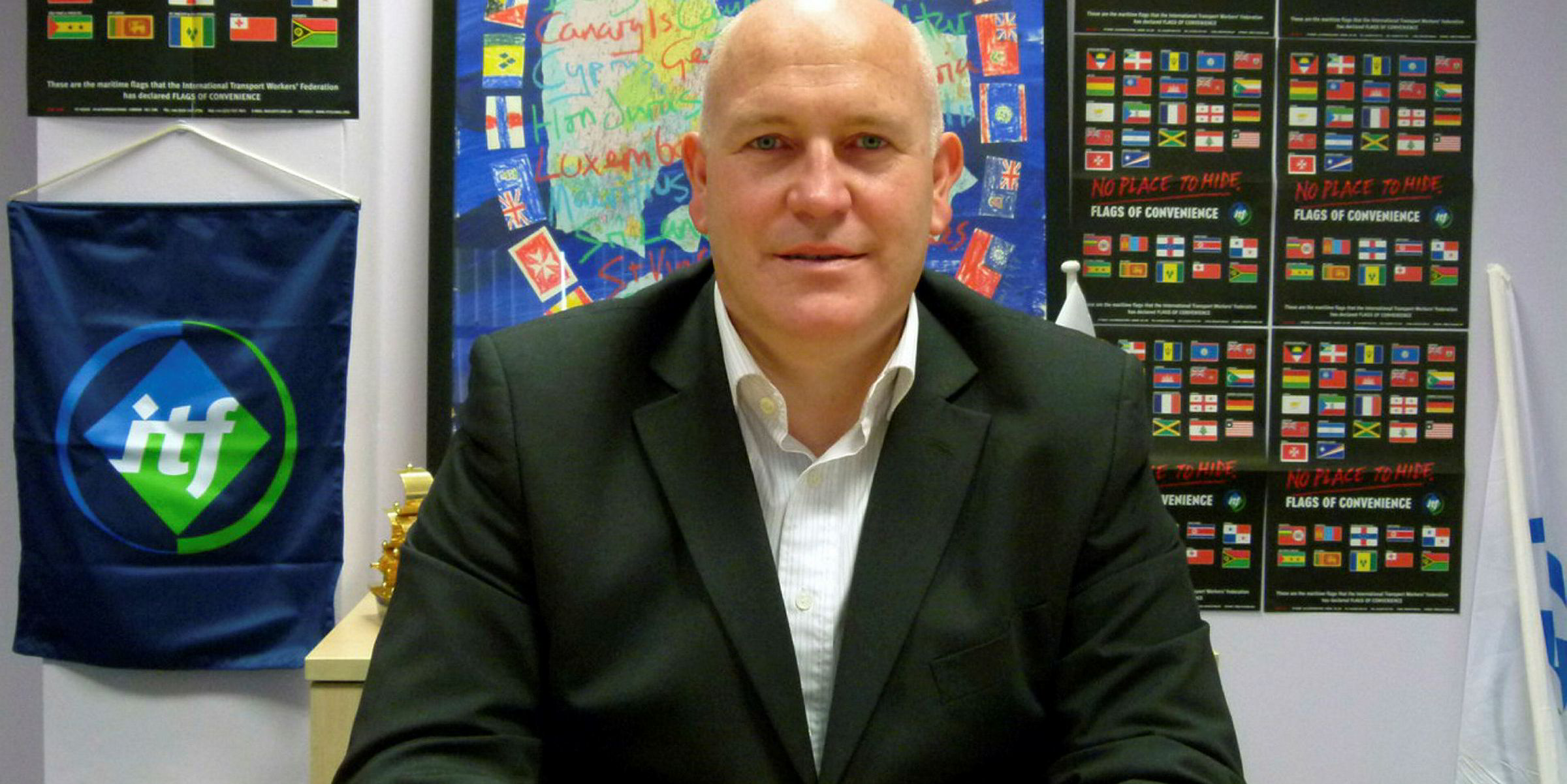
“There is some reassurance here for shipowners. We don’t want hundreds of seafarers walking off and stopping the supply chain, oil, medical equipment, foodstuffs…but we need seafarers to believe that we, the industry, will help them find a solution. This is the critical moment that we have to show that we can get governments to listen,” Cotton added.
Hojgaard, who is also chairman of the Hong Kong Shipowners Association, said more than 5,000 of its seafarers are due to be relieved from Anglo Eastern-operated ships, but a major problem with 60% of its workforce being Indianis that India is not allowing commercial flights out of the country.
“There are still major bottlenecks that need to be opened. We have 300 seafarers sitting in various ports around the world waiting for a permit to return to their home country,” he added.
International Chamber of Shipping (ICS) secretary general Guy Platten agreed the lack of flights and unnecessary bureaucratic barriers were major obstacles.
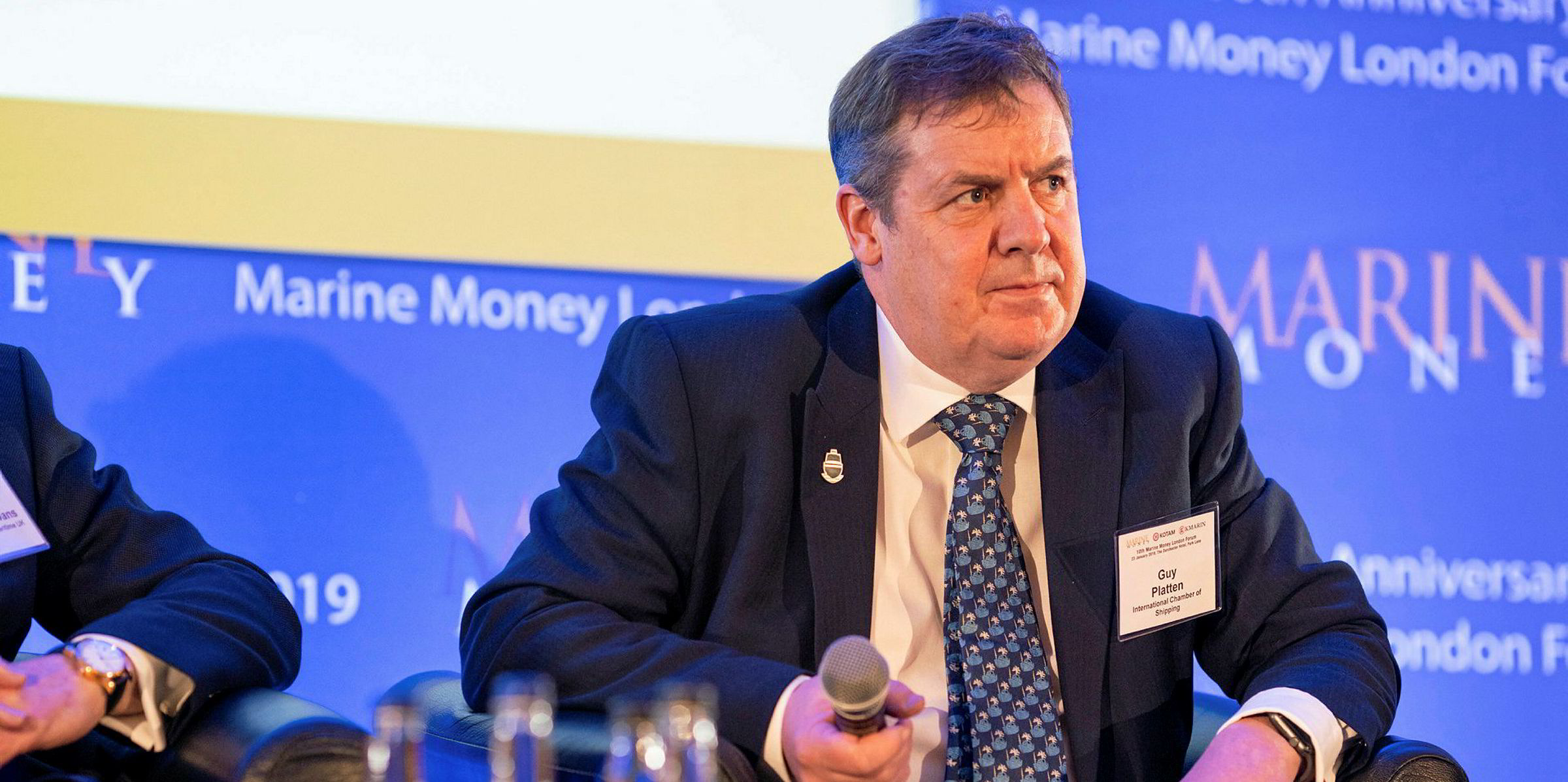
“Shipowners are going the extra mile to get crew changes. No stone is being left unturned,” he said. Getting visas is a major sticking point, and Platten pointed to problems dealing with the biggest seafarer providing nation the Philippines: “You just can’t get people out, as well as repatriating there.”
“We are lobbying very hard, but this needs co-ordinated political action at a government level that seafarers are key workers and should be exempt from many of the travel restrictions. It can be done, this is political,” Platten said.
Salvatore d’Amico, fleet director of d'Amico Società di Navigazione, pointed out that a double problem is that many seafarers in developing countries have not been able to get to work for months, and so would not be able to feed their families.
Cyprus was held up as a positive example of a country that has taken steps to ease the situation.
Natasa Pilides, shipping deputy minister for the Republic of Cyprus, said the nation had set up easy and fast testing for Covid-19 with seafarers put up at hotels while they waited for results. The time is being cut to hours, but she added that despite testing some thousands of crew, Cyprus had not found a single positive Covid-19 case.

Crews are largely isolated from the virus while onboard, and there was little risk if the right procedures were followed when they travelled and transferred to vessels.
Cyprus is ready to do tests if they cannot be done in seafarers’ home countries, and like Hong Kong is leveraging the connections it has as a flag and port state, Pilides said.
Cotton added that charterers can help the shipping industry as an often unseen but influential lobby group on governments.
“We have a unique opportunity coming out of this. Shipping is a critical industry, and we have to start using the economic argument more and more clearly,” he said.
D’Amico agreed and added: “If the industry fails in treating seafarers well and fails to put the seafarer at the centre of the ship, and not the ship at the centre of the world, we are risking that tomorrow there will be no seafarers.
“One day they may not be willing to risk staying away from their families if we are not able as an industry to involve governments and react in a positive way,” he said, citing applications for jobs on his company’s ships via LinkedIn dropping from an average of 100 to 150 to just two during the pandemic.

